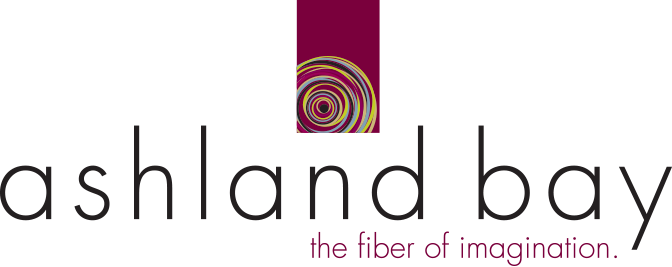
Update
Dear valued customers,
We are very excited to announce that Ashland Bay is now part of the Wool2dye4 family.
All the yarns are now available here:
https://www.wool2dye4.com/Ashland-Bay-Yarns/
Please email us at [email protected] if you have any questions